Chives Companion Herbs: The Secret To A Thriving Garden
Chives Companion Herbs: The Secret to a Thriving Garden
Chives are a versatile herb that can be used in a variety of dishes, from salads to soups to stir-fries. They are also a great addition to any herb garden, as they can help to repel pests and attract beneficial insects.
But did you know that chives can also benefit other herbs in your garden? When planted together, chives can help to improve the growth and flavor of their companion herbs.
In this blog post, we will discuss the best companion herbs for chives. We will also provide tips on how to plant and care for these herbs together.
Why Plant Chives with Other Herbs?
There are several reasons why you might want to plant chives with other herbs. First, chives can help to repel pests. They contain a compound called allicin, which is a natural insecticide. This can help to protect your other herbs from pests such as aphids, spider mites, and whiteflies.
Second, chives can attract beneficial insects. These insects, such as ladybugs and lacewings, help to control pests in your garden. By planting chives, you can create a more balanced ecosystem in your garden, which will benefit all of your plants.
Third, chives can improve the flavor of other herbs. When planted together, chives can help to enhance the flavor of their companion herbs. For example, chives can be planted with tomatoes to improve the sweetness of the tomatoes.
Best Companion Herbs for Chives
There are many different herbs that can be planted with chives. Some of the best companion herbs for chives include:
- Basil: Basil and chives are a classic combination. They both have strong flavors, but they complement each other well. Basil can help to enhance the sweetness of chives, while chives can help to balance out the bitterness of basil.
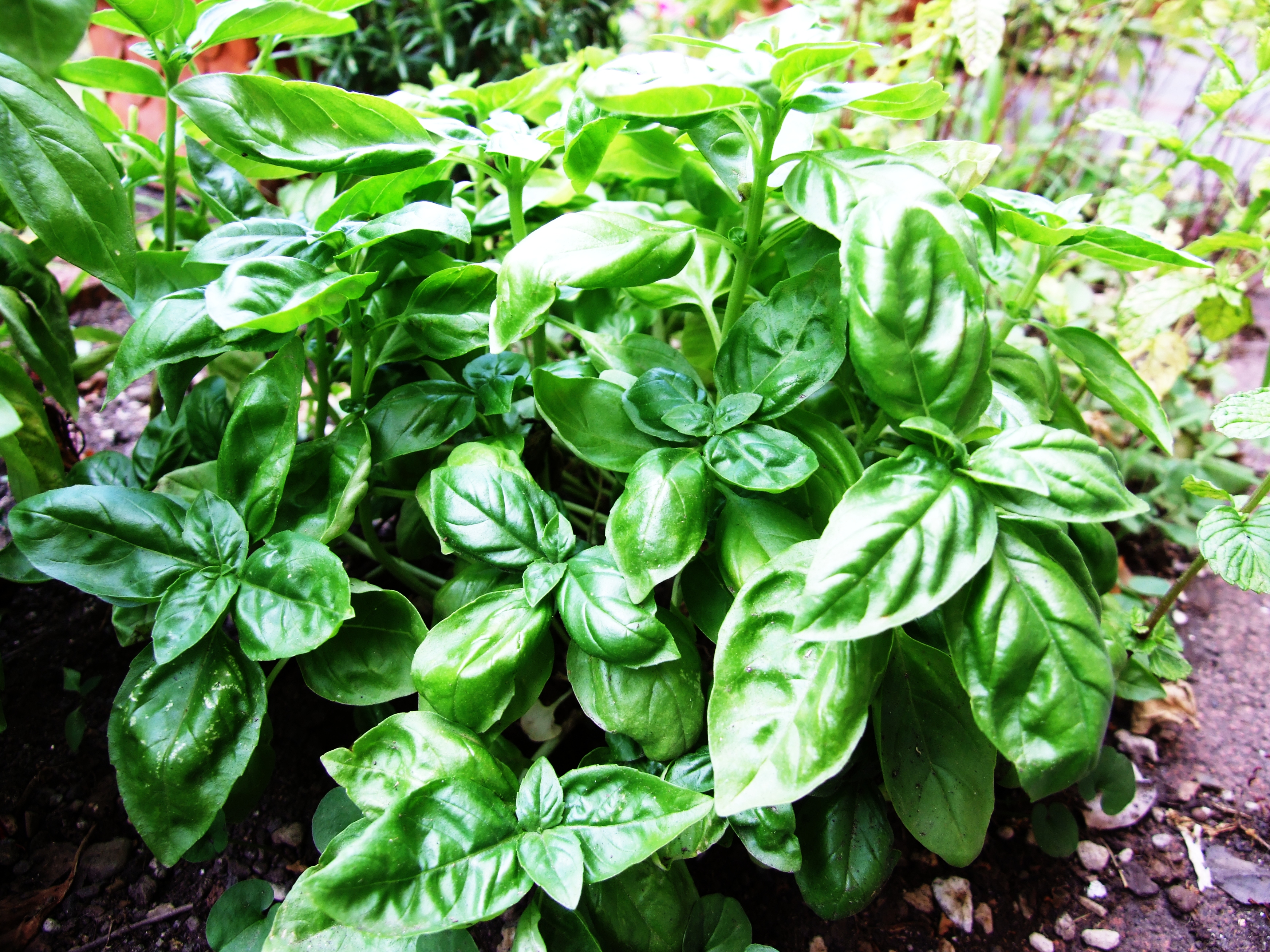
- Cilantro: Cilantro and chives are both members of the Apiaceae family, so they have similar growing requirements. They also have a similar flavor profile, so they can be used interchangeably in many dishes.
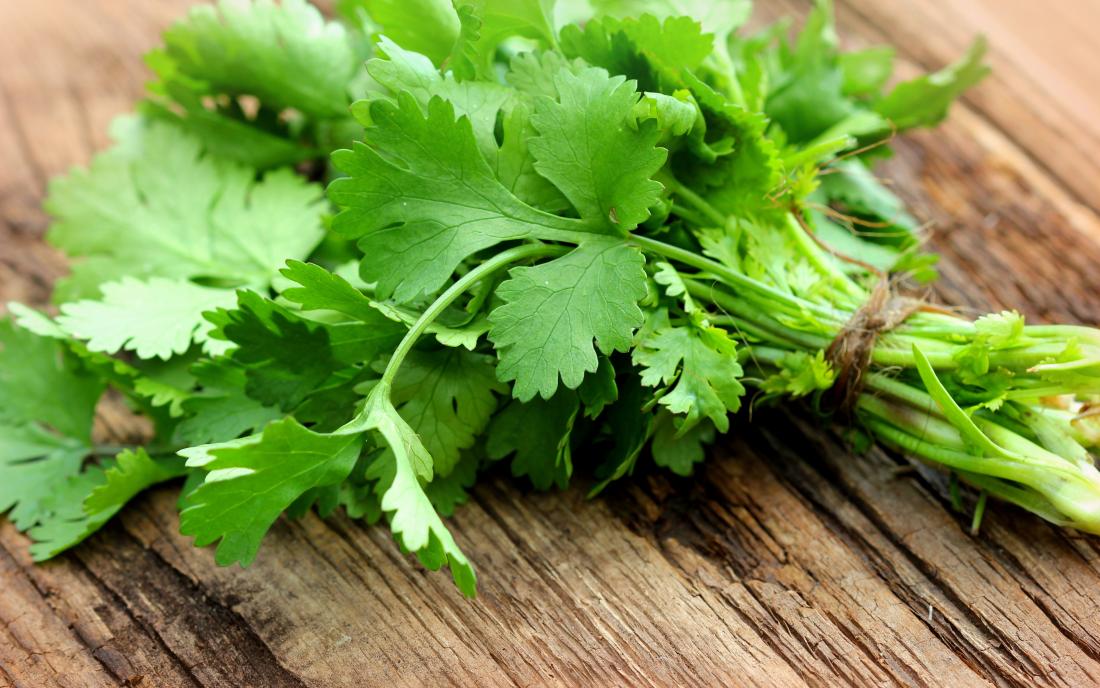
- Dill: Dill and chives are both herbs that can be used to flavor savory dishes. They also both have insect-repelling properties, so they can help to protect your other herbs from pests.
- Garlic: Garlic and chives are both members of the Allium family, so they have similar growing requirements and flavor profiles. They can be used interchangeably in many dishes, and they both have insect-repelling properties.
- Oregano: Oregano and chives are both herbs that can be used to flavor Italian dishes. They also both have insect-repelling properties, so they can help to protect your other herbs from pests.
- Parsley: Parsley and chives are both herbs that can be used to flavor a variety of dishes. They also both have insect-repelling properties, so they can help to protect your other herbs from pests.

- Sage: Sage and chives are both herbs that can be used to flavor savory dishes. They also both have insect-repelling properties, so they can help to protect your other herbs from pests.

How to Plant Chives with Other Herbs
When planting chives with other herbs, there are a few things to keep in mind. First, make sure that the herbs you choose have similar growing requirements. This will help to ensure that they will all thrive in the same conditions.
Second, consider the flavor profile of the herbs you choose. You want to choose herbs that will complement each other well. For example, you might want to avoid planting chives with herbs that have a strong, overpowering flavor, such as rosemary or thyme.
Finally, plant the herbs at the same depth and spacing. This will help them to establish themselves evenly and grow well together.
Conclusion
Chives are a great addition to any herb garden. They are not only versatile and delicious, but they can also help to improve the growth and flavor of other herbs. By planting chives with other herbs, you can create a more balanced and productive garden.
Chives are a versatile herb that can be used in a variety of dishes, both savory and sweet. They are also a great companion plant for other herbs and vegetables.
Some of the best companion plants for chives include:
- Dill: Dill is a member of the same family as chives, so they have similar growing requirements. Dill also helps to repel pests like aphids, which can be a problem for chives.
- Parsley: Parsley is another great companion plant for chives. It helps to attract beneficial insects, such as ladybugs, which can help to control pests.
- Marjoram: Marjoram is a fragrant herb that can help to improve the flavor of chives. It also helps to repel pests like mosquitoes.
- Tarragon: Tarragon is a flavorful herb that can be used to make sauces, vinaigrettes, and other dishes. It also helps to repel pests like ants.
If you are looking to improve the growth and flavor of your chives, consider planting them with some of these companion plants. For more information about chive companion herbs, visit Gardenia Inspiration.
FAQ of chives companion herbs
Q: What are the best companion plants for chives?
A: Chives are a versatile herb that can be paired with many different plants. Some of the best companion plants for chives include:
- Carrots: Chives can help to improve the flavor and growth of carrots.
- Tomatoes: Chives can help to repel pests from tomatoes, such as aphids and spider mites.
- Roses: Chives can help to repel pests from roses, such as Japanese beetles and black spot.
- Grapes: Chives can help to repel pests from grapes, such as aphids and leafhoppers.
- Beetroot: Chives can help to improve the flavor and growth of beetroot.
Q: What plants should I avoid planting near chives?
A: There are a few plants that you should avoid planting near chives, as they may compete for resources or attract pests. These plants include:
- Asparagus: Asparagus and chives both require a lot of nitrogen, so planting them together can lead to nutrient competition.
- Beans: Beans and chives both attract aphids, so planting them together can increase the risk of aphid infestation.
- Peas: Peas and chives both attract pea moths, so planting them together can increase the risk of pea moth infestation.
- Spinach: Spinach and chives both require a lot of water, so planting them together can lead to waterlogging.
Q: What are the benefits of companion planting with chives?
A: There are many benefits to companion planting with chives. Chives can help to:
- Repel pests: The strong aroma of chives can help to repel pests such as aphids, spider mites, and Japanese beetles.
- Improve growth: Chives can help to improve the growth of other plants, such as carrots, tomatoes, and roses.
- Attract pollinators: The flowers of chives attract pollinators such as bees and butterflies, which can help to improve pollination and fruit set.
- Improve soil quality: Chives can help to improve soil quality by adding nitrogen and other nutrients.
Q: How do I plant chives with other herbs?
A: When planting chives with other herbs, it is important to consider the needs of each plant. For example, chives prefer full sun, while some other herbs prefer partial shade. It is also important to consider the spacing requirements of each plant. Chives can be spaced about 6 inches apart, while some other herbs may need more space.
Q: How do I care for chives that are planted with other herbs?
A: Chives are relatively easy to care for. They need full sun and well-drained soil. They should be watered regularly, but not too much. Chives can be harvested as needed.
Image of chives companion herbs
- Parsley: Parsley is a great companion for chives because it helps to repel pests. It also has similar growing requirements, so they can be planted together without competing for resources.
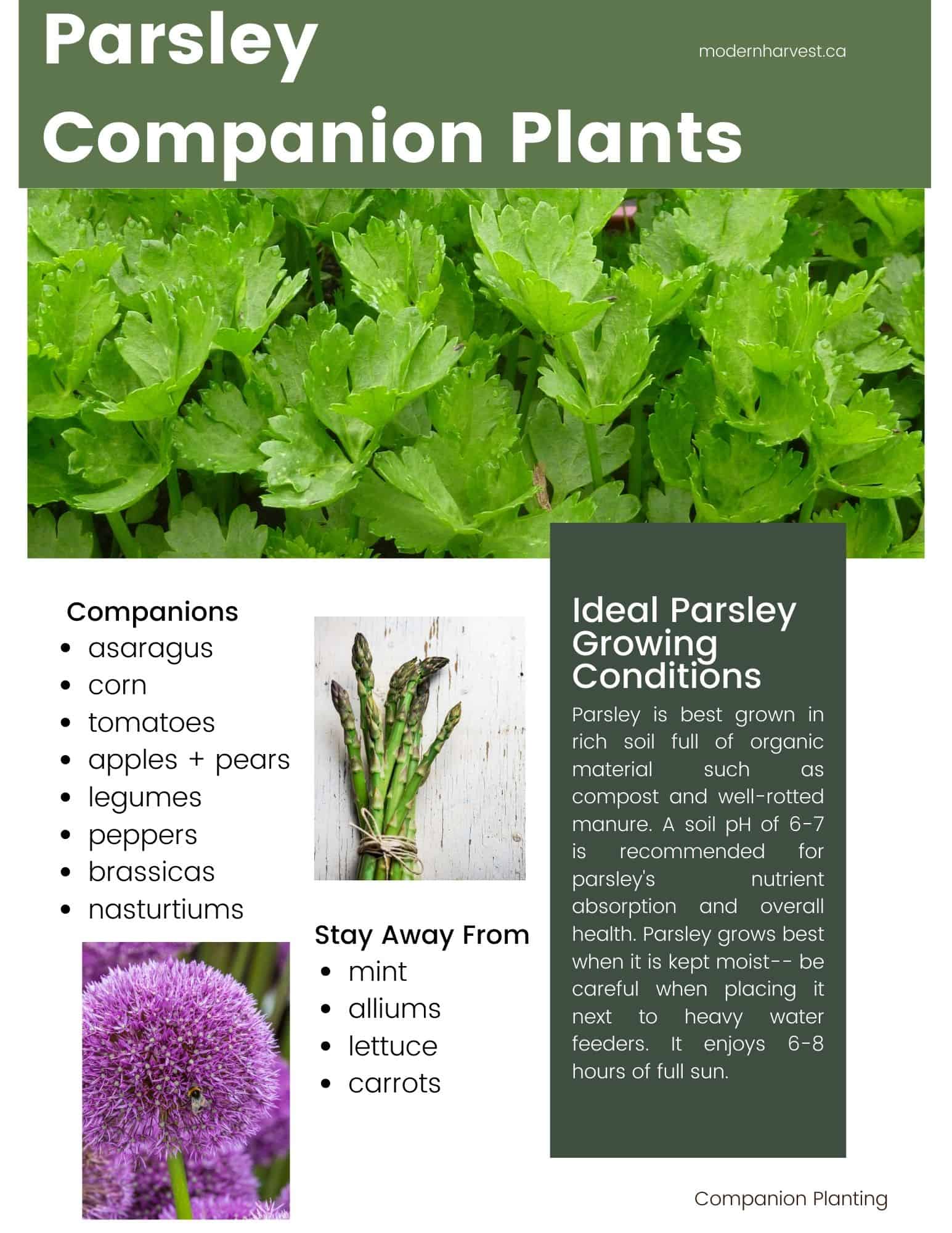
- Sage: Sage is another herb that helps to repel pests, and it also has a strong aroma that can help to deter rabbits and deer.
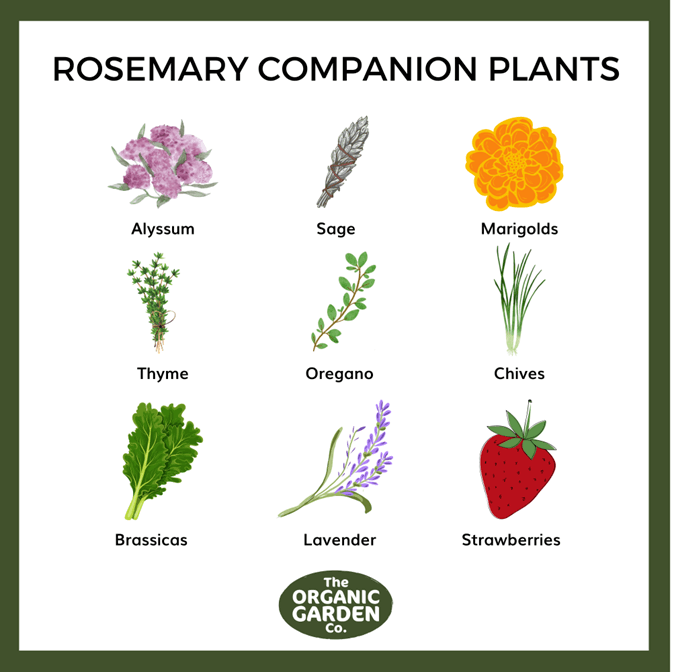
- Rosemary: Rosemary is a good companion for chives because it helps to improve the flavor of both herbs. It also has similar growing requirements, so they can be planted together without competing for resources.

- Lavender: Lavender is a beautiful herb that can also help to repel pests. It has a calming aroma that can help to reduce stress and anxiety.

- Dill: Dill is a good companion for chives because it helps to attract beneficial insects, such as ladybugs and hoverflies. These insects help to control pests, which can benefit both herbs.
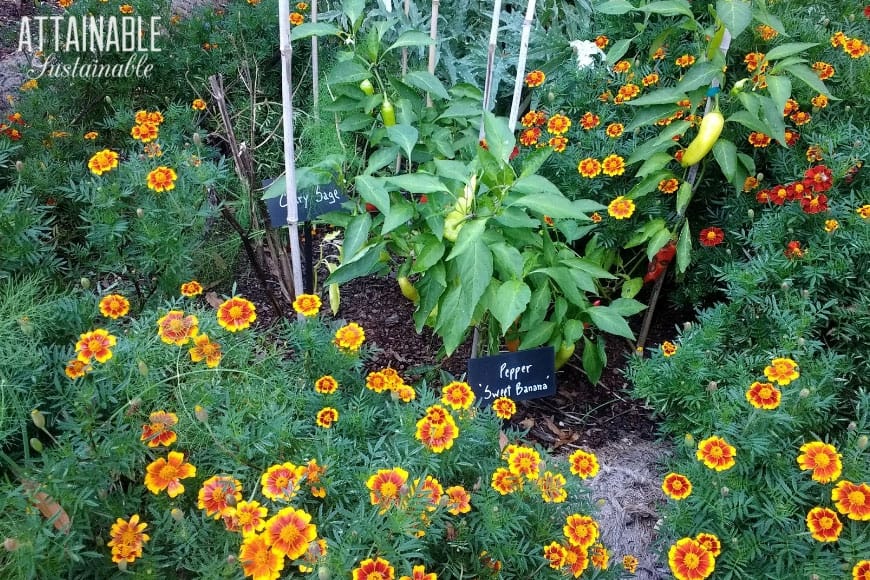

Post a Comment for "Chives Companion Herbs: The Secret To A Thriving Garden"